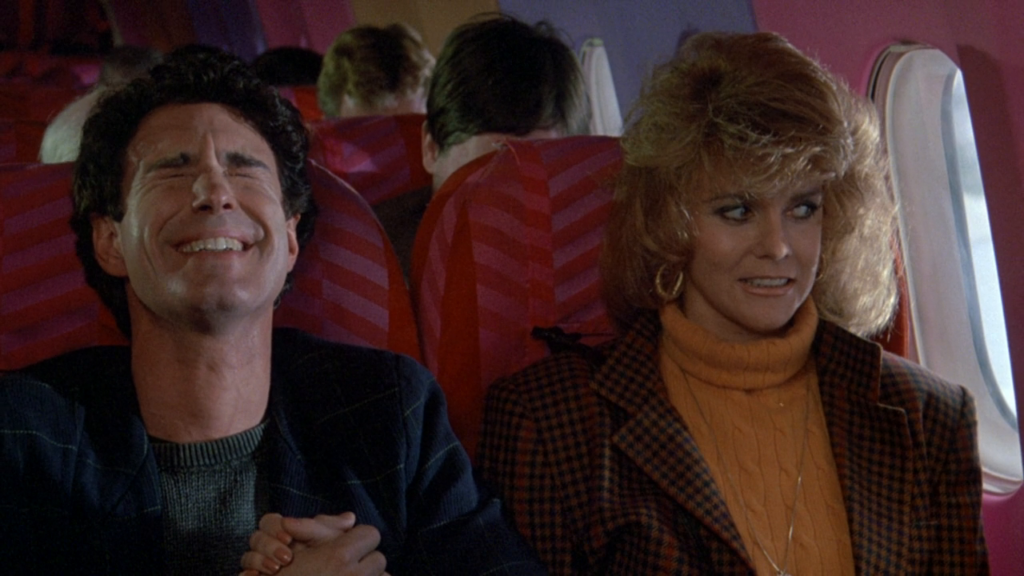From the March 1, 1988 Chicago Reader.
There’s something fraudulent about writer-director-star Alan Alda’s implicit claim to be giving us the straight lowdown on midlife crises, in a story about a divorced middle-aged couple (himself and Ann-Margret) embarking on new relationships, when the gist of his message boils down to the usual Hollywood standbys: meeting Mr. (or Ms.) Right, facing up to one’s shortcomings, exercising self-improvement, steering clear of transsexuals in singles bars, and, above all, living one’s life as if Joseph Turrin’s tacky adaptations of baroque music were constantly playing on the sound track. The real trouble, as usual with Alda, is the auteur’s limitless self-absorption, which makes all the other characters elusive shadow figures, including those who are supposed to matter. Ann-Margret, for instance, makes a game try at bringing some reality to the hero’s ex-wife, who, like him, is having an affair with someone nearly half her age, but the material offered to her and her boyfriend John Shea is so elliptically threadbare that they have to build their performances in quicksand; Veronica Hamel as the doctor who becomes Alda’s second wife, and Hal Linden as his best friend and partner at the New York Stock Exchange, suffer from similar undernourishment. Part of the gimmick here is that Alda plays a deliberately abrasive character, very New York aggressive, whose gradual cleaning up of his act is supposed to inspire us all. Not to be confused, even remotely, with Bernard Malamud’s novel of the same title. (JR)

